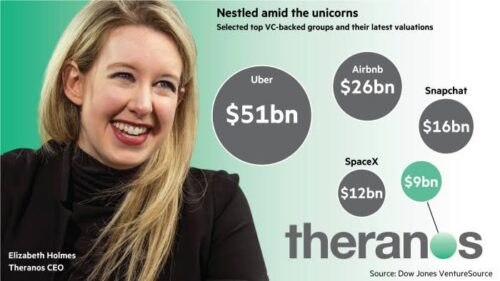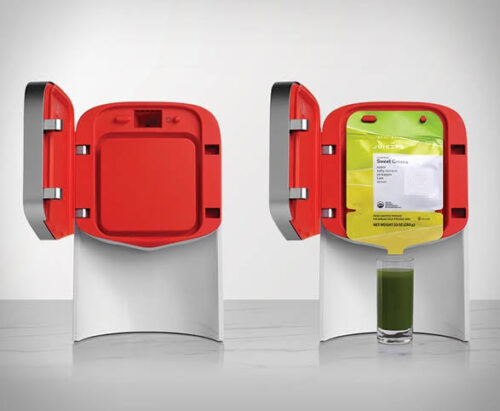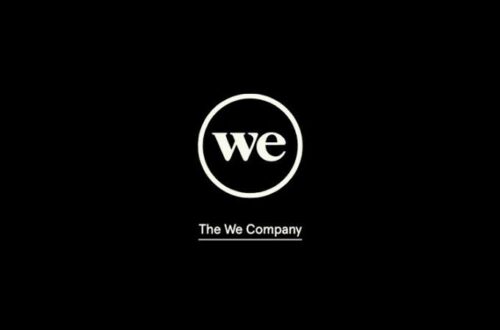There was once a time when the mention of some of these startups generated so much awe! These startups had the funding, the media buzz, and the potential to change industries. Yet, these startups still failed. Let’s take a look at their stories, not to criticize, but to learn, grow, and build stronger businesses in the new year.
Theranos: The $9 Billion Illusion

The drop of blood solution!
At the time when this startup entered the scene, the entire world was in need of a revolutionary health-tech solution and Theranos was that solution… at least that’s what it promised.
Its founder, Elizabeth Holmes, promised to revolutionize healthcare with a single drop of blood. This was genius! In fact, ant a point she was called… the female Steve Jobs.

She was that brilliant!
Her solution, groundbreaking!
Investors poured in over $700 million! This was in 2003! $700,000,000!!!
Yet…
The startup failed. In fact, the solution never existed. Theranos was a scam and the technology never worked. In 2015, the dream dissolved into lawsuits and scandals; one of the biggest in Silicon Valley’s history.
Lessons
Transparency is non-negotiable. Don’t overpromise and underdeliver. Building trust with stakeholders is just as important as building a product.
Quibi: $1.75 Billion for 10-Minute Content

I am sure you know that human attention is getting smaller and smaller by the day. Matter of fact, if this article is too long, you can tune off and put it off for later… the later that might never happen.
This was what Quibi saw and decided to create the Netflix for short forms – what I call, Shortflix 😂
This brand was star-studded. Think of a football team having the likes of C. Ronaldo, Lionel Messi, Kaka, Ronaldinho, Jay Jay Okocha, Zidane, Roberto Carlos, all playing for one club at once. They would be unstoppable!
This was the kind of team Quibi had. People who had experience working with brands like Disney, Hewlett-Packard (HP) to mention a few. They bet big on the idea of premium short-form video content, but the platform crumbled within six months. 6months! I spoke about this in more details in my book “Street Smart Startup”
Lesson
Validate your market need. Even groundbreaking ideas fail if no one truly wants them. Do your research and focus on solving real problems.
Juicero : The $400 Juice Machine

This brand raised $120 million to sell high-tech juicers but became a laughingstock when people discovered they could squeeze the juice packs by hand—no machine needed! 😂😂😂
PS: I also just realized I don’t need to write so much more than that. Very funny solution 😂
Lesson
Don’t overcomplicate solutions. People love innovation, but only when it’s practical and truly adds value. And it’s not everything that needs an APP 🤦🏾🤦🏾🤦🏾
WeWork: The $47 Billion Crash

WeWork is one of the brands on this list that pained me a lot!
It was such a promising solution!
However, the story of WeWork serves as a cautionary tale to entrepreneurs, especially founders who are raising tons of money. This brand promised to transform coworking spaces but collapsed due to reckless spending, inflated valuations, and a culture of overambition. The company burned billions and nearly went bankrupt. All founders, especially African founders should learn from WeWork – I will be sending a detailed Newsletter on each brand, what happened, what went wrong and what you can learn to do better as you build.
Lesssons
Growth is good, but sustainable growth is better. Manage your finances wisely, and build a strong, ethical company culture.
Pets.com: The Mascot of the Dot-Com Bubble
Marketing can kill your business!
Read that again.
Many of you who know me as a Marketing Consultant working with http://creativechaosng.commight be wondering why I am saying this. It’s because it’s true. If you have a faulty system and you are only focusing on marketing, you are digging your own grave. It is exactly what happened to Pet.com.
In the early 2000s, Pets.com raised $300 million, spent most of it on marketing, and ignored its unprofitable business model.
The result?
Bankruptcy within two years.
Lesson
Profitability matters. While marketing is essential, a strong business foundation and realistic financial planning are the real game-changers.
Why You Shouldn’t Give Up
Every failure teaches us what *not* to do. These companies didn’t fail because their founders lacked intelligence or passion—they just missed critical steps. As you step into 2025, remember this: failure is part of the journey, not the destination. It doesn’t define you. What matters is learning, evolving, and trying again.
To-Do List for 2025 Success
1. Validate Your Idea: Talk to your target market before building.
2. Start Small: Focus on doing one thing exceptionally well.
3. Build for the Customer: Solve real problems, not imagined ones.
4. Keep an Eye on Finances: Budget wisely and prioritize profitability.
5. Stay Resilient: Success is often about persistence, not perfection.
Listen, I kid you not, the road will be bumpy, especially in Nigeria, but the view at the top is worth it. Here’s to learning, growing, and building amazing things in 2025!